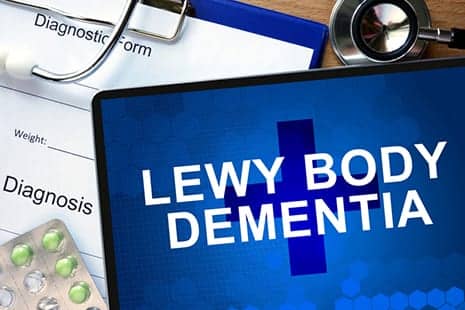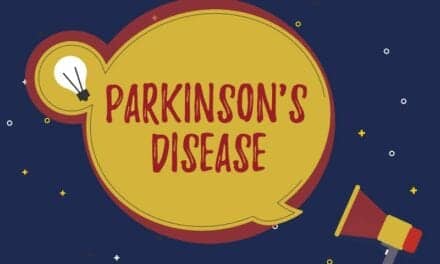National Institutes of Health (NIH) scientists developing a rapid, practical test for the early diagnosis of prion diseases have modified the assay to offer the possibility of improving early diagnosis of Parkinson’s disease and dementia with Lewy bodies.
The scientists—led by NIH’s National Institute of Allergy and Infectious Diseases (NIAID)—tested 60 cerebral spinal fluid samples, including 12 from people with Parkinson’s disease, 17 from people with dementia with Lewy bodies, and 31 controls, including 16 of whom had Alzheimer’s disease. The test correctly excluded all the 31 controls and diagnosed both Parkinson’s disease and dementia with Lewy bodies with 93% accuracy.
In addition, test results were available within 2 days, compared to related assays that require up to 13 days, according to the NIH in a media release.
The researchers conducted the tests using Real-Time Quaking-Induced Conversion (RT-QuIC), an assay developed and refined over the past decade at NIAID’s Rocky Mountain Laboratories. Their research was published recently in Acta Neuropathologica Communications.
The NIAID group continues to adapt the RT-QuIC assay to detect additional types of neurological diseases with greater accuracy using the least invasive patient sample possible — whether that is blood, skin, nasal brushings, or other samples. The group also has trained many international colleagues to use and advance the test, the release continues.
[Source: National Institutes of Health]





